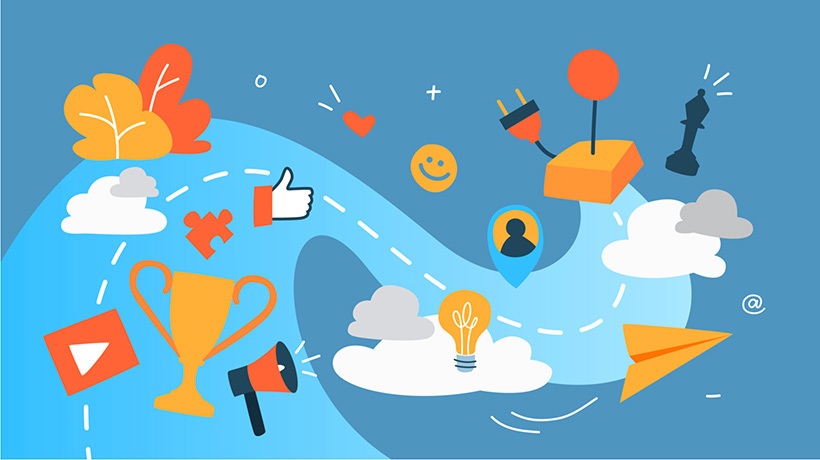3 Key Risks in Digital Health Gamification
Gamification in healthcare is a hot new trend that has supporters on both sides of the controversy. The idea is to apply applying game design techniques to non-game applications (i.e. health behaviors) to drive participation in a task that would otherwise be perceived as boring. But some experts think this practice as it applies to a user’s health could have negative consequences or unintended results that could amplify bad behavior.
 In digital health, gamification is usually part of a health app related to self-management, disease prevention, medication adherence, or part of a medical education-related simulation. Gamification works in the following three ways:
In digital health, gamification is usually part of a health app related to self-management, disease prevention, medication adherence, or part of a medical education-related simulation. Gamification works in the following three ways:
-
- Using progress bars to measure success – creating a perceived value through increased progress-related psychological biases.
- Sharing progress and results with other users– establishing a competitive spirit to drive more use of the service.
- Awarding badges, medals, or other gifts – using recognition awards to increase motivation levels.
While the overall intention of gamification is worthwhile, there are some key elements that can lead to undesirable results for game makers. Before considering implementing gamification in digital health platforms, its important to evaluate these three key criteria:
1: Bad design
Without proper research, companies could use rewards to support negative behaviors or displace valuable supporters. It’s important to ensure that company objectives align with the activity and determine if gamification would further support those positive behaviors. If adding a game element to a health activity doesn’t reward engagement, honest contribution, or support healthier activities, adding rewards and competition could lead to larger issues and stray from the original purpose.
2: Unsustainable rewards
Promising exceptional rewards can create an initial draw, and support engagement in the beginning, but are known to quickly wane if the rewards aren’t enough of a motivator. If a health app rewards certain behaviors or frequent usage, over time those highest achieving users will demand more and higher-level rewards to ensure their participation. If you establish rewards, make sure their sustainable and support them with additional motivation or risk losing users for good.
3: Unethical practices
Gamification apps often encourage competition through socialized achievement as a motivator, but this can backfire as well. Some users competing in a health challenge via gamification may experience a loss of motivation and lower self-esteem if they suffer a lower ranking than others. Others who lead categories and dominate over others may become driven by the need to beat others, rather than focusing on their own health improvement. This sets up a scenario where the only motivation is to beat others. Extrinsic rewards can be a powerful tool for initial motivation but too much reliance can actually decrease motivation over time.
In digital health, the primary motivator should always be to help users to become engaged and participate in their own health. The driver is improved health outcomes, the ability to enhance their own lives, and use of the platform to support a healthy and active life. Gamification can be a driver for many behaviors, but its applications in healthcare settings remain controversial by putting a real or imagined price on a user’s health. But the real reward comes from the chance to live life to the fullest.
